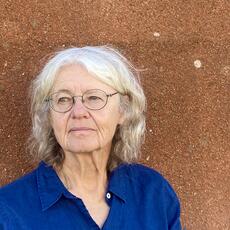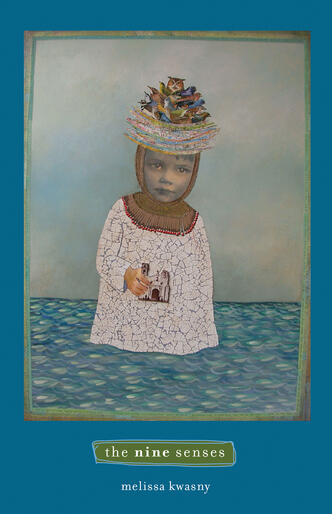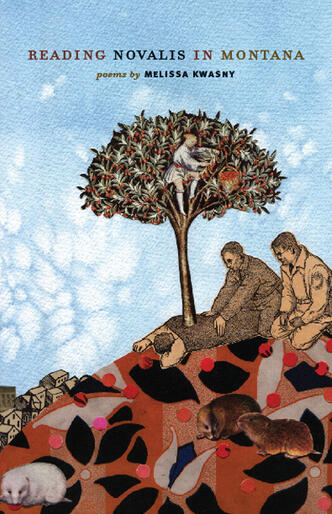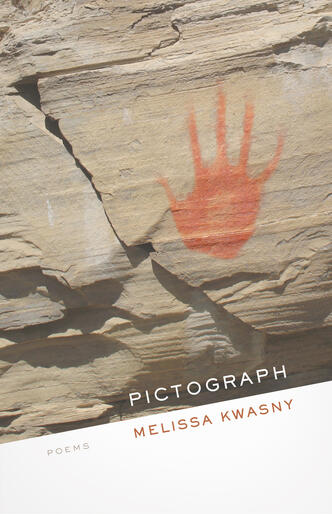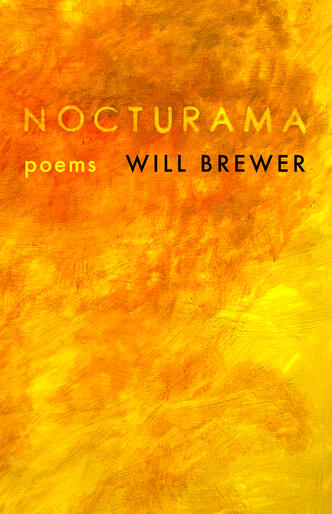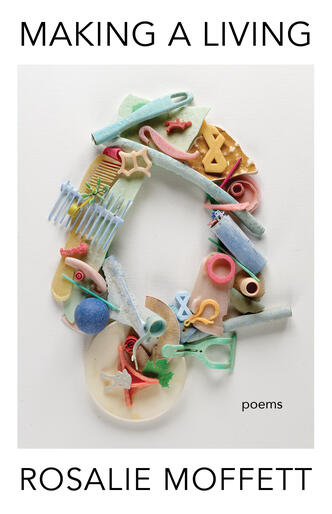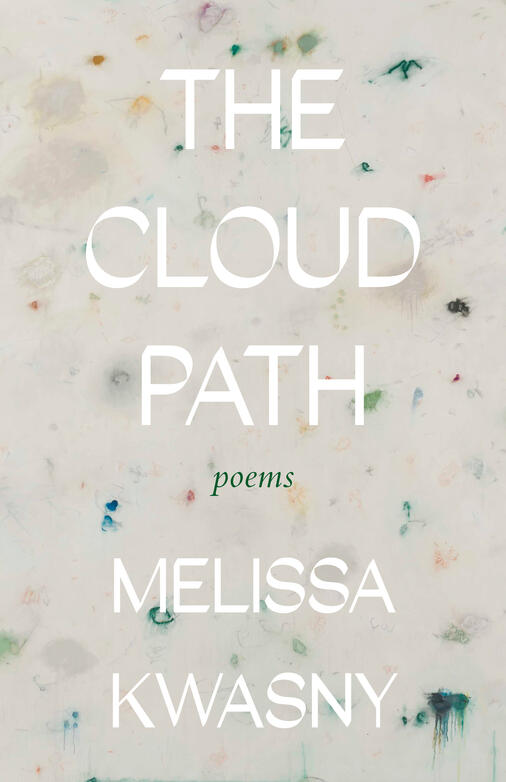
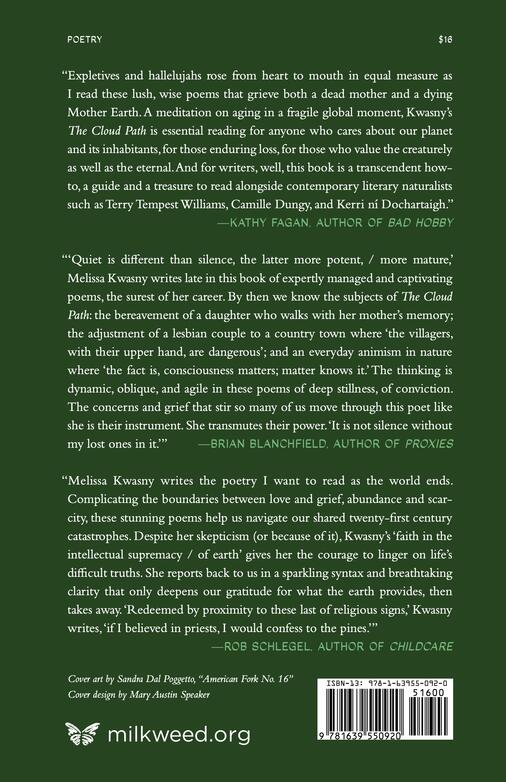
The Cloud Path
An imaginative reworking of the elegy that focuses on the difficult work of being with the dying.
An imaginative reworking of the elegy that focuses on the difficult work of being with the dying.
At the heart of The Cloud Path, celebrated author Melissa Kwasny’s seventh collection of poetry, lies the passing of her beloved mother: the caretaking, the hospice protocols, the last breath, the aftermath. Simultaneously, she must reckon with the array of global crises facing us all: environmental decline, the arrival of a pandemic, divisive social tensions. With so much loss building up around her, Kwasny turns to the natural world for guidance, walking paths lined with aspen, snow geese, and prickly pears. “I have come here for their peace and instructions,” she writes, listening to the willows, the “slant rhyme of their multi-limbed clatter.”
What she finds is a more seasoned kind of solace. The Cloud Path glimmers with nature’s many lively colors—the “burnt orange” of foxes, “cedar / bark cast in the greenest impasto,” white swans intertwined. It also embraces the world’s harsher elements—a dark bog’s purple stench, a hayfield empty of birds. Witnessing life’s constant ebb and flow, the weight of personal and collective grief gradually becomes bearable. The shapes of clouds, cattle bones by the river. “Why not,” she asks, “believe it matters?”
Evocative and wrenching, The Cloud Path compels us to consider the whole of living and dying. A beautifully measured interweaving of personal and planetary loss, these keen and tender poems teach us to see afresh in the lateness of things.
